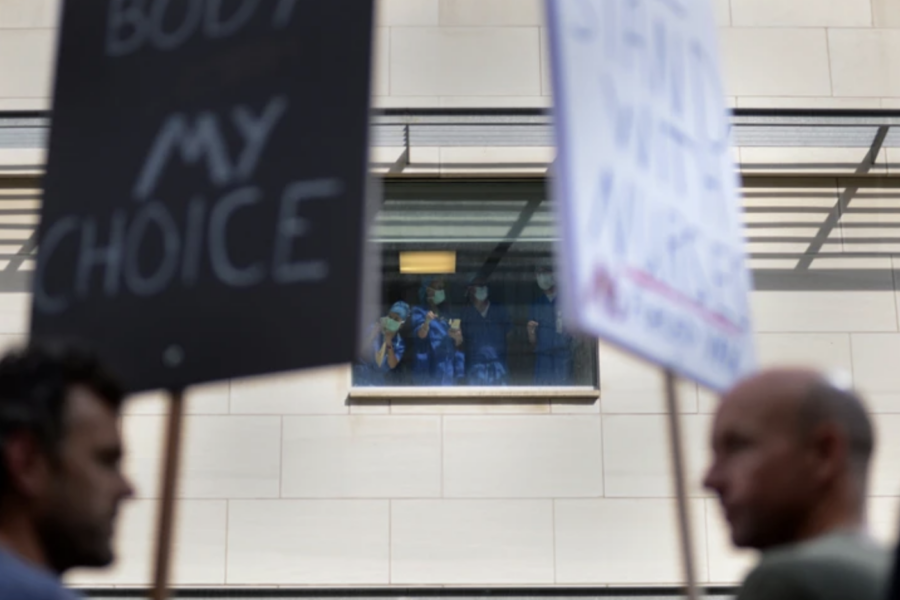Nature Our view of the effectiveness of past pandemic responses is influenced by our present vaccination status. Public inquiries and future research must take this factor into account.
Lives are still being lost to COVID-19 every day. And for many left with debilitating after-effects of the disease, it remains a very real, immediate experience. But for many others, the circumstances of the pandemic are becoming a matter of memory. These memories might still be fresh and painful, or more distant and neutralized by the passage of time. Either way, they are almost undoubtedly unreliable.
This is not, in itself, a surprise: that different people can have very different memories of the same past events, and that pre-existing biases can influence these memories, is an established facet of human psychology. But a series of studies reported in a paper1 this month in Nature shows that our impressions of the COVID-19 pandemic’s severity, as well as of measures taken to limit the disease’s spread, are reliably skewed by a related factor: our vaccination status.
The results give pause for thought as countries exercise their collective memories to examine how authorities handled the pandemic and what should be done differently next time. “When looking back, we should all be aware that we have biased memories,” says Cornelia Betsch at the University of Erfurt in Germany, an author of the Nature paper. “You could be right or wrong. I could be right or wrong. Or, most likely, we’re all wrong.”
